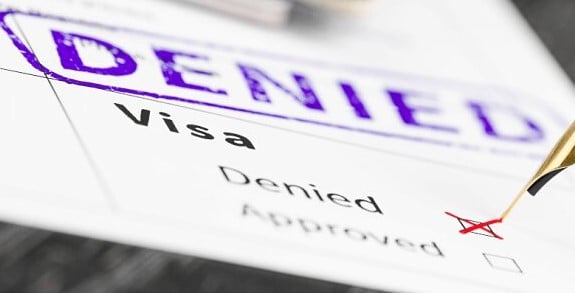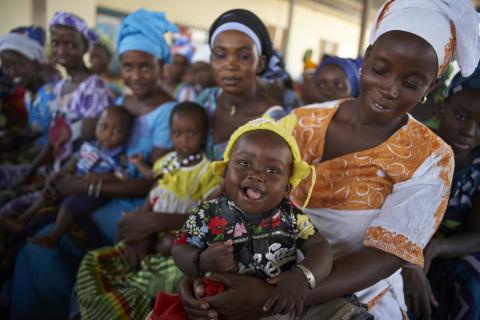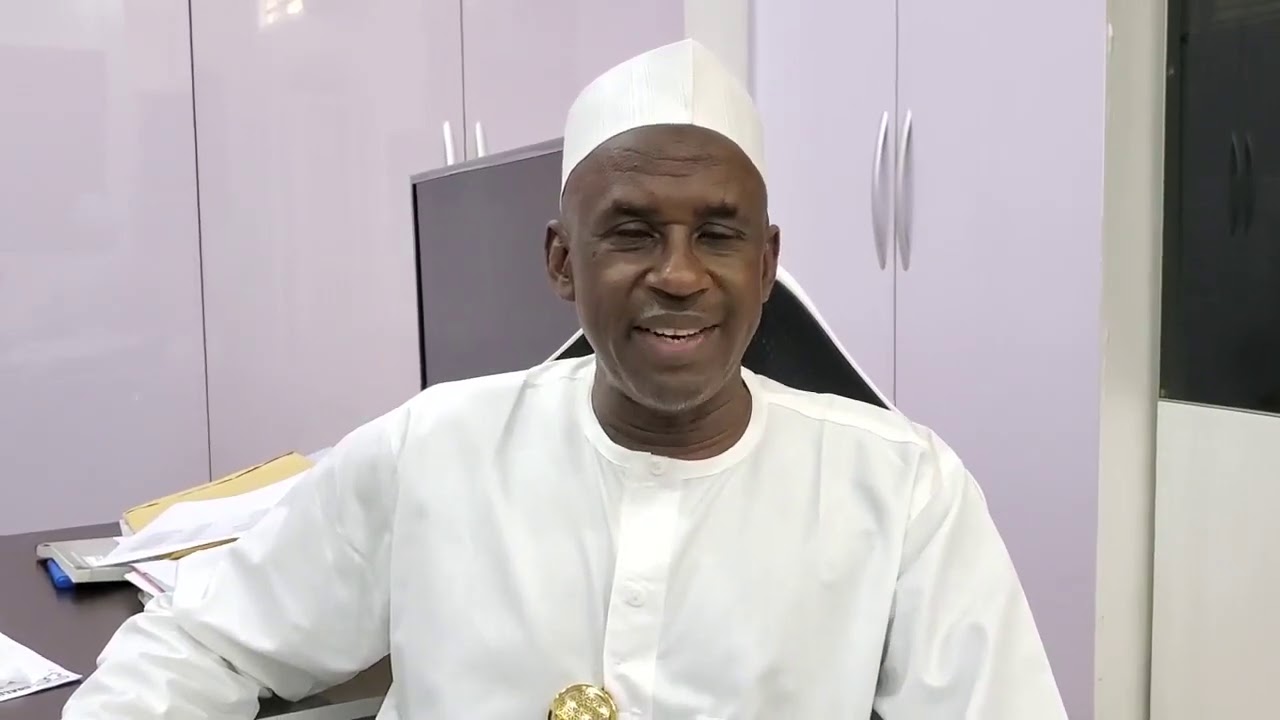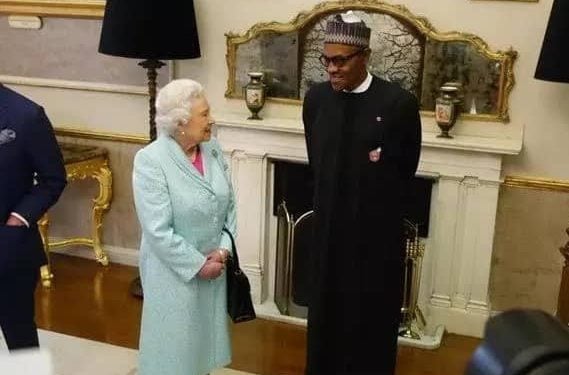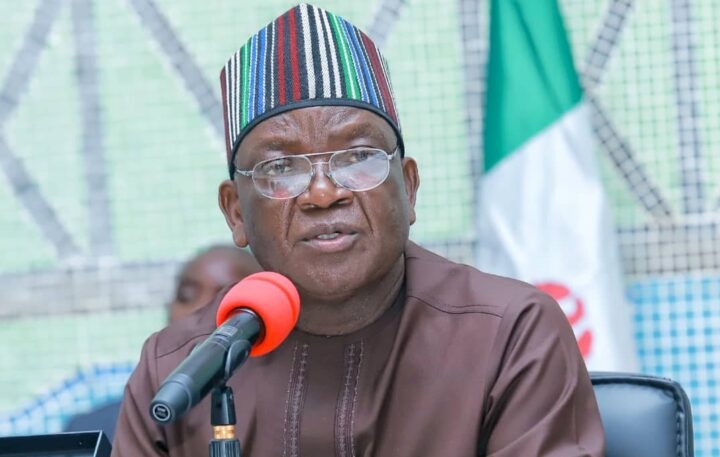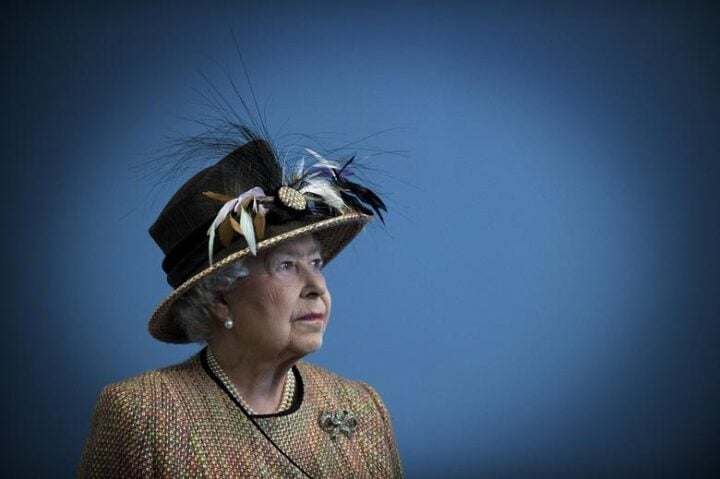Ahead of Nigeria’s general election in 2023, social media has been rife with mudslinging, name-calling, and sprinkles of hate speech in support of or against the different presidential candidates. Some groups believe Nigeria’s survival or destruction is dependent on who the next president is. However, I hold a contrary view. While selecting the right person for the country’s highest office is critical for the nation’s growth, it is not enough. I believe that we all have a role to play in the growth, evolution, and development of the country.
I remember a visit I made to Zaria a few years ago, my uncle was dying of prostate cancer and I had gone to spend some time with him at the university teaching hospital. He was in a wheelchair for at least five hours as we waited for the hospital to get him a bed. For every second he was in that chair, my uncle was in unbearable pain. My heart broke to see him in pain. It seemed like the doctors, nurses, and hospital personnel did not want to help us. They ignored us for a long time. We begged, pleaded, and persuaded for a bed. My impatient self could no longer deal with it and I tried to channel my activist’s spirit to get them to attend to my uncle. It was not working. My aunt had to remind me that we need these people to care for my uncle, so I needed to be more patient. The kind response or otherwise of the hospital staff on that day had nothing to do with the president.
Let us not even talk about the rigorous procedures and the distances we had to walk to pay for medicine and to collect the medicine. Needless to say, the hospital experience was harrowing for my uncle, his wife, daughter, and myself. Too many things were wrong, from access to electricity to proper care, then access to medicine and access to hospital beds. But… let us wait for the next president to save us.
Working in development has afforded me the privilege to visit several states and diverse communities across the country. I have seen poverty so bad that children are eating other people’s chewed-up and spat leftovers. I have seen people live with varying degrees of hopelessness as they tried to pull themselves out of poverty. What makes it worse sometimes, is that amid these situations, state policies and decisions plunge them further down the abyss of poverty. I also observed that citizens absolve their state and local political leaders of any responsibilities and believe that a President with similar religion or from a particular tribe is the silver bullet to their economic and social woes. When will we learn, though?
Advertisement
Nigeria is not lacking in good people, neither is the country lacking in visionaries, sadly we do not get to see these amazing people exhibit their leadership because of the existing structures that continue to produce flawed leadership selection systems. What should leadership in Nigeria, and Africa as a whole look like? How do we educate citizens on what their rights are and how they can demand better governance practices? How do we help them understand that beyond the presidency, other political leaders should be held accountable? Most importantly though, how can we re-imagine leadership in Nigeria and Africa?
A leadership that goes beyond the propagation and promotion of self to leadership that understands that dignity is the opposite of poverty and we must do everything we can to ensure people live in dignity. Leadership that ensures all citizens have equal access to economic and social resources. To achieve this, we must re-imagine leadership. We cannot keep doing the same things and expect a different result. It is time to create new ideas to tackle governance issues that gravely affect Nigeria. Citizens know what they want, they can describe the kind of leadership they desire and we must let them do so. We need leadership that listens to the people they represent, leadership that creates solutions for people by asking them what their needs are. Leadership that listens and acts accordingly through the creation of people-centric solutions is more beneficial. This promotes sustainability and allows citizens to take ownership of their development.
Since Nigeria’s independence, the kind of leadership that existed has been one that seeks to unify the country by promoting the integration of the different cultures and it was most often a one size fits all approach with every tribal stakeholder at the table. I believe that Nigeria is no longer in this place. Thus, our leaders must evolve. Given the fact, that the country has over 250 ethnic groups and languages, and it is divided by a predominantly Muslim north and predominantly Christian south, I have learned that development solutions required are varied. This inadvertently means that religion and culture must be put into context when mapping out solutions. Nigeria is a very diverse country and the issues which affect the different states are quite distinct. This distinction is so manifest that interventions that have worked in the South have tremendously failed in the North because the people identify separate problems. Hence, their priorities are varied.
Advertisement
I have always believed that justice and equality are part of the necessary elements for development. We cannot say we are truly developed if a group or section of society is left behind. For the advancement of Africa and our people. I believe that greatness lies within us. For too long we have looked outside of ourselves when discussing the issues that affect us, resulting in our inability to find solutions within us. Whether it is xenophobia, tribalism, discrimination, corruption, or electoral misconduct, we remove ourselves from the problem, believing it is someone else’s. Sadly, we are also driven by the notion that all fingers are not equal, so we cannot all be the same.
I believe that Nigeria needs leaders who look beyond tribe, religion, and status in the provision of development solutions. I believe that Nigeria desperately needs leaders whose vision for growth is centred on unity and equity for the Nigerian people. That kind of leadership is possible, those kinds of people walk among us. A few weeks ago I was privileged to share space with some of them, a community of persons across the West African region. Leaders who care about the people they work with, leaders who are transformative and innovative with their interventions. These people in their different sectors have shown that selfless leadership is possible. That is the kind of leadership we need and the Acumen Academy is ensuring that we do not lose sight of the people we serve. Moral leadership is what they call it. These Acumen Fellows are a community of magically beautiful people who have chosen to re-imagine leadership in Africa and across the world. Yes, the Nigeria of our dreams is possible, and we must all contribute to making it happen.
Acumen Academy West Africa Fellows who are transforming leadership across the region.
Advertisement
Views expressed by contributors are strictly personal and not of TheCable.


